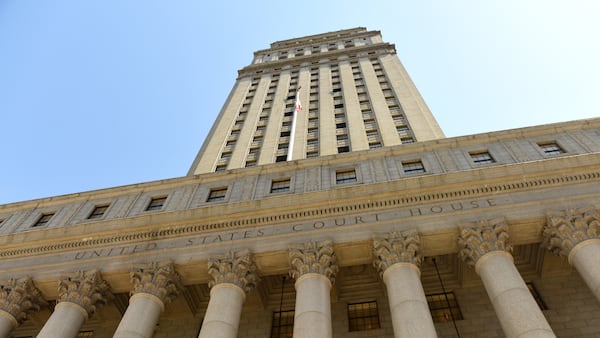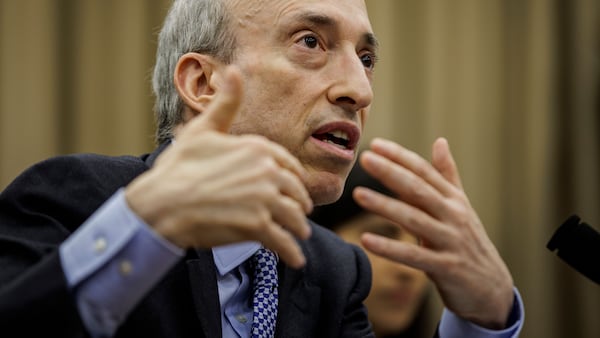- In September, Binance asked a federal court to dismiss the SEC’s lawsuit against it for, among other things, failing to register as an exchange, broker-dealer, or clearing agency.
- The SEC replied in a filing on Tuesday, calling Binance’s argument “absurd.”
- Binance never cited any cases that relied on its preferred definition of a security, according to the SEC.
Binance’s attempt to scuttle an SEC lawsuit relied on an “absurd” argument and a “tortured interpretation” of federal securities law, the agency said in a filing Tuesday.
In June, the Securities and Exchange Commission sued Binance, alleging it had set up shop in the US without registering as an exchange, broker-dealer, or clearing agency as required by federal law. Binance also let users buy and sell unregistered securities, the SEC alleged.
In September, Binance asked a federal court to dismiss the lawsuit, arguing the SEC was “seeking to achieve by litigation what it lacks by legislation” — a comprehensive regulatory regime for crypto.
On Tuesday, the SEC called the request Binance’s “latest bid to avoid accountability.”
“Defendants’ Motions ignore most of the Complaint’s allegations demonstrating that the assets on their platforms are being offered and sold as securities,” the SEC wrote.
Binance argued that tokens sold on its platform aren’t securities at all, likening them instead to common supermarket goods like oranges.
“The presence of an investment alone does not create a security,” Binance argued.
“These comparisons are absurd,” the SEC said in its response Tuesday. “If oranges alone were at issue, those selling and promoting these assets and Defendants themselves would have had no need to entice investors with extended marketing campaigns touting their potential to increase in value based upon the efforts of others.”
Additional responses
The SEC also accused Binance of adding criteria to a decades-old, three-part test known as the Howey test that is used to determine whether a particular asset constitutes a security.
Binance argued that a formal, “forward-looking” contract detailing “legally enforceable” post-sale obligations is required for an asset to pass that three-part test.
“Defendants do not cite one case holding that these nebulous requirements are part of the analysis,” the SEC said in its response.
Moreover, Binance never denied that it had operated in the US without registering as an exchange, broker-dealer, or clearing agency.
Instead of registering, Binance blocked would-be customers based in the US — by blocking American IP addresses, for example — while telling those customers how to get around its own guardrails, the SEC alleged in its original complaint.
Binance also set up a US subsidiary, Binance.US, in 2019 “that would appear independent of Binance, but that Zhao and Binance would secretly control,” according to the SEC.
But Binance never directly addressed those allegations, the SEC said Tuesday. Instead, the exchange argued it never had to register, as it wasn’t selling securities in the first place.
Aleks Gilbert is DL News’ New York-based DeFi Correspondent. Reach out to him with tips at aleks@dlnews.com.







